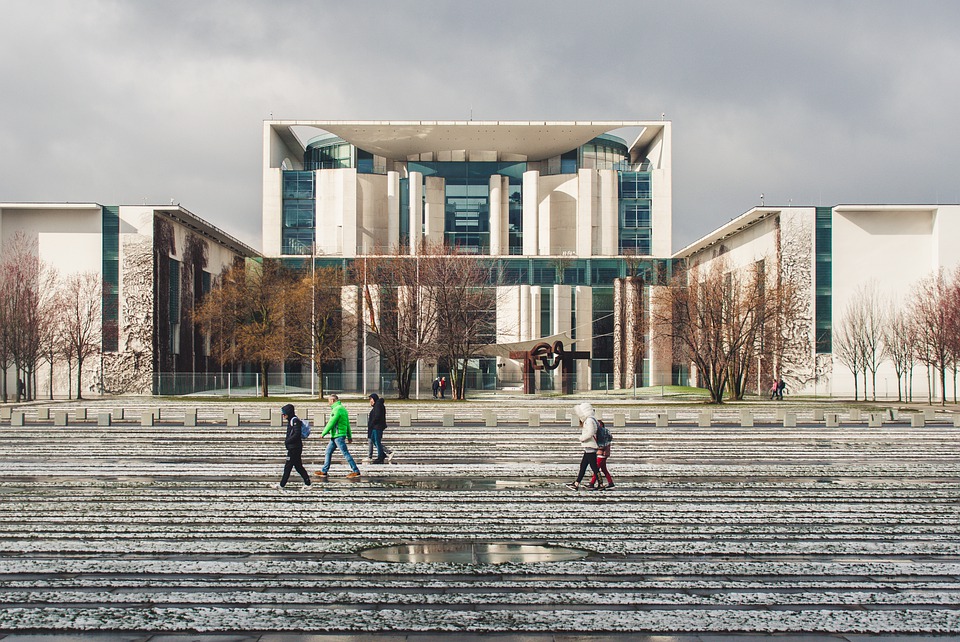Progressive Politics: A New Approach to Climate Change
Climate change is one of the most pressing issues of our time, and it requires bold, progressive solutions. Traditional approaches to addressing climate change have focused on market-based mechanisms, such as cap-and-trade programs and carbon taxes. While these policies have some merit, they are not enough to significantly reduce greenhouse gas emissions and mitigate the impacts of climate change. Progressive politics offers a new approach to addressing climate change, one that is rooted in social equity, environmental justice, and sustainable development.
The Case for Progressive Climate Policies
Progressive politics recognizes that climate change is not just an environmental issue, but also a social and economic justice issue. The impacts of climate change disproportionately affect marginalized communities, including low-income communities, communities of color, and indigenous communities. These communities often bear the brunt of environmental pollution and natural disasters, while having the least resources to cope with and adapt to these impacts.
Progressive climate policies seek to address these inequities by prioritizing the needs of vulnerable communities and ensuring that they have a seat at the table in decision-making processes. This means investing in renewable energy projects in low-income neighborhoods, improving public transportation in underserved communities, and creating green jobs programs that provide economic opportunities for those most affected by climate change.
A Holistic Approach to Climate Action
Progressive politics takes a holistic approach to addressing climate change, recognizing that it is interconnected with other social and economic issues. This means considering how climate policies can also address issues such as affordable housing, healthcare, and education. For example, investments in energy efficiency and renewable energy can create jobs and reduce energy costs for low-income households, while also reducing greenhouse gas emissions.
Progressive climate policies also prioritize long-term sustainability and resilience, rather than short-term profits. This means investing in infrastructure that can withstand the impacts of climate change, such as sea level rise and extreme weather events. It also means transitioning away from fossil fuels and toward renewable energy sources, such as wind and solar power, in order to reduce the carbon footprint of our economy.
Building a Movement for Climate Justice
Progressive politics recognizes that addressing climate change requires more than just policies and programs – it requires a social movement. This movement must be inclusive, diverse, and responsive to the needs of those most affected by climate change. It must also be global in scope, recognizing that climate change is a global issue that requires global solutions.
Building a movement for climate justice means engaging grassroots organizations, community groups, and social justice advocates in the fight against climate change. It means organizing protests, strikes, and campaigns to raise awareness of the urgency of the climate crisis and demand action from policymakers. It also means working with international partners to ensure that global agreements, such as the Paris Agreement, are implemented and enforced.
The Role of Progressive Leaders
Progressive leaders play a crucial role in advancing climate policies that prioritize social equity and environmental justice. They must be willing to challenge the status quo, push for bold action, and hold corporations and governments accountable for their contributions to climate change. Progressive leaders must also be willing to listen to the voices of marginalized communities and center their needs in decision-making processes.
Progressive leaders can be found at all levels of government, from local city councils to national legislatures. They can also be found in grassroots organizations, activist groups, and social movements. Progressive leaders are those who are willing to take risks, speak truth to power, and work collaboratively with others to create a more just and sustainable world.
Conclusion
Progressive politics offers a new approach to addressing climate change, one that is rooted in social equity, environmental justice, and sustainable development. By prioritizing the needs of vulnerable communities, taking a holistic approach to climate action, building a movement for climate justice, and empowering progressive leaders, we can create a more just and sustainable world for future generations. It is time for bold, progressive solutions to the climate crisis – the time for action is now.
